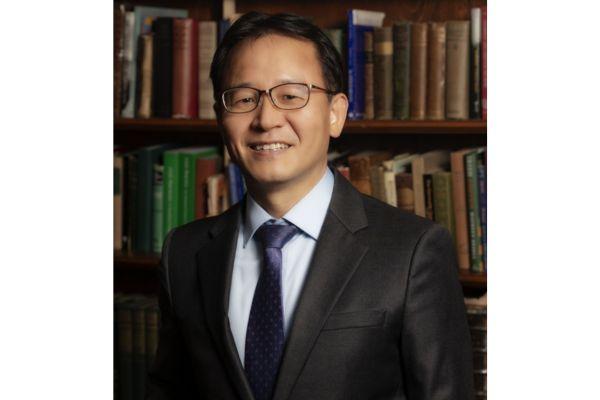
The Institute for Korean Studies presents:
"1974, Watershed Moment in Transpacific Human Rights Activism and Politics for Korea"
Ingu Hwang
Boston College
Abstract: 50 years ago, in 1974, the darkest time of democracy just loomed as President Park Chung-hee enacted a series of emergency decrees. Ironically, this excessive suppression led to the internationalization of pro-democracy struggles. I argue that this was the watershed moment in which local protests expanded into transpacific human rights activism and politics. I first note the entanglement between Korea's political transition and the globally revitalized “human rights” framework by the early 1970s. Then, I show how local and transnational activists collaborated to articulate the 1974 crackdowns as human rights cases, especially through the US Congress, the emerging global human rights center. In illustrating this developing transpacific human rights activism, I call attention to the parallel development of counter-mobilization led by the Park regime and the Nixon-Ford administration to secure Cold War security consensus. Thus, I highlight that local disputes over democratization in Korea became transnational contestations on human rights.
Ingu Hwang is an Associate Professor of the Practice in the International Studies Program, an affiliated professor in the Department of History by courtesy, and Leader of the Global Korea Project at Boston College. He received his Ph.D. in the Department of History at the University of Chicago in 2015. He offers interdisciplinary courses for modern and contemporary Korea and East Asia on the subject of colonial/post-colonial experiences, division and geo-politics, Korean War history, development and social justice, human rights history in global contexts. His research centers on contemporary transnational and global Korean history with a focus on the topics of democracy, peace, security, and human rights. His first book, Human Rights and Transnational Democracy in South Korea, published by the University of Pennsylvania Press in 2022, offers the first account of the historical intersection between South Korea's democratic transition and the global human rights boom in the 1970s and 1980s. The in-progress second book project explores Kim Dae-jung’s thoughts, actions, and politics addressing democracy, social justice, and peace.
